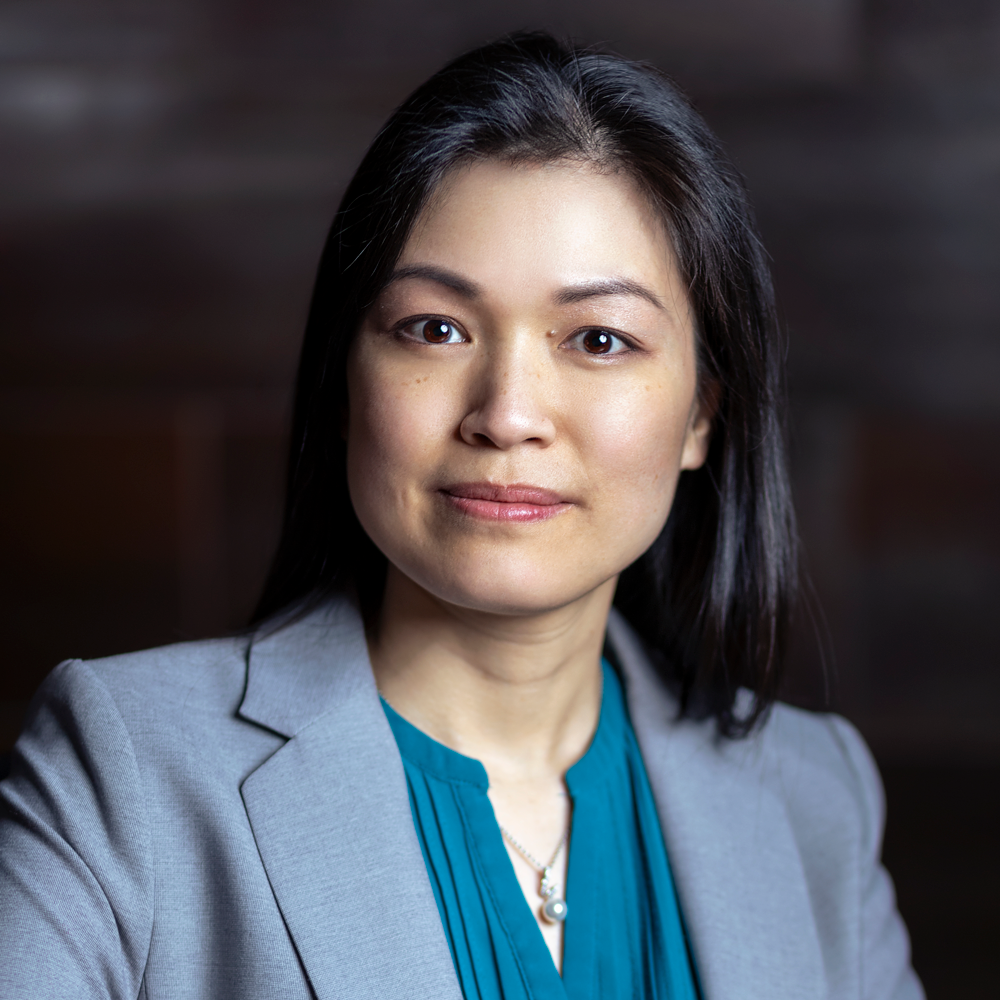
Nga Dang
When someone becomes “incapable” of making decisions for his/her health and property, an attorney for property and personal care is required to help make the decisions. These Powers of Attorney are named by the individuals before he/she becomes incapable. Given the level of authority available to Powers of Attorney, they have a fiduciary obligation to make decisions in the best interest of the person for whom they are caring. The Substitute Decisions Act specifically states that a Power of Attorney for property “is a fiduciary whose powers and duties shall be exercised and performed diligently, with honesty and integrity and in good faith, for the incapable person’s benefit”.
Some attorneys, unfortunately, fail to comply with their fiduciary obligations; the lines become blurred in circumstances where the incapable person Will bequests his/her estate to the Powers of Attorney. This is what happened in Philbin v. Orford.
Ms. Philbin and Ms. Orford are sisters. They were both named co-attorneys for property and personal care by their mother, Ms. Wylie. By her last Will and Testament, she also named Ms. Philbin and Ms. Orford as co-trustees (equal authority) of her Estate. In addition to some specific legacies, Ms. Wylie also named Ms. Philbin and Ms. Orford as equal beneficiaries of her Estate. Ms. Wylie was diagnosed with Alzheimer’s disease in 2004 and passed away in 2020. She resided at a long-term care home after being diagnosed, in Windsor, Ontario until her death.
Ms. Philbin lived in Belleville, Ontario, whereas Ms. Orford lived in Windsor. Consequently, Ms. Orford made the substitute decisions that her mother needed, managed her finances and attended to her mother’s day-to-day needs. Ms. Philbin agreed to this arrangement since Ms. Orford lived closer to their mother. Ms. Orford was also added as a joint account holder to her mother’s bank accounts in 2004 to assist with finances. Ms. Philbin trusted her older sister to manage her mother’s finances and had no reason to make inquiries.
When Ms. Wylie passed in October 2020, Ms. Philbin told Ms. Orford that she would administer their mother’s estate as co-trustee and requested access to the bank and investment accounts. Upon examining her mother’s financial documentation, she was shocked to see the large number of withdrawals Ms. Orford made for her and her family’s benefit. Ms. Philbin couldn’t access bank records farther back than 2011 so the full extent of the withdrawals could not be ascertained. Ms. Orford had used Ms. Wylie’s account for her home expenses, loans/gifts to her son, family vacations, retail, restaurant, alcohol, etc. She also withdrew funds from their mother’s investments. When confronted, Ms. Orford believed that she was just “spending her inheritance”.
Justice Somji concluded that Ms. Orford treated Ms. Wylie’s assets as her own, and used it for her benefit rather than the benefit of her mother; a POA’s misappropriation of funds entrusted to them for their benefit constitutes a breach of fiduciary duty. Justice Somji further concluded that Ms. Orford failed to keep accounts of all transactions as required by the Substitute Decisions Act. Ms. Orford’s act of moving into and living in her mother’s condo rent-free was also found to be a potential source of her mother’s income for her benefit, as her mother could’ve earned rental income from that use.
What are the remedies for breach of fiduciary duty? The remedies are discretionary and based on equity, which are generally aimed at restitution and deterrence: a plaintiff is entitled to be put in the same position they would have been in had the breach not occurred.
Justice Somji, based on the evidence available, calculated the total unauthorized withdrawals between 2007-2020 to be $280,154.23. Had there been evidence as to what the fair market value rental income for the condo would’ve been, Justice Somji would’ve ordered that amount be reimbursed to the Estate as well. The calculation of the loss did not end there. Justice Somji further calculated interest at 2%, compounded annually (based on average withdrawals of $20,000 per year). The total amount Ms. Orford owed the Estate was therefore $320,154.23 plus pre-judgment and post-judgment interest.
Justice Somji concluded that Ms. Orford could not be trusted to act as a co-trustee for the Estate; Ms. Philbin was to be named as the sole trustee of the Estate upon filing an application to be so appointed. Justice Somji ordered that Ms. Orford’s distributive share of the Estate (after payment of all debts and bequests) will be set off against the judgment and she will be entitled to any excess amount remaining; however, if there are insufficient funds to satisfy the judgment from Ms. Orford’s distributive share, then there will be an order that any shortfall is satisfied by judgments issued against Ms. Orford’s son and daughter (as it would be unfair for Ms. Philbin to receive less than her distributive share while Ms. Orford’s children, who have already financially benefited from their mother’s misconduct, receive their bequests).
Given Ms. Orford’s conduct in breaching her fiduciary duty, along with her lack of cooperation and failure to present proper accounts, among other reasons, the Justice Somji awarded Ms. Philbin full indemnity costs of $60,430.11. Full recovery of legal costs is not as uncommon in estate matters compared to other types of litigation. There is also the concept of blended costs in estate matters, where the individual pays some of the costs while the Estate pays the rest.
Overall, attorneys acting for incapable individuals should seek legal advice with respect to their obligations/duties, in order to avoid consequences similar to the result of this case. If there are co-attorneys named, both attorneys should make decisions together, or, at a minimum, the less actively involved attorney should check in from time to time to ensure the incapable individual’s interest is being protected. Unfortunately, the above scenario occurs more often than one would expect.


Recent Comments